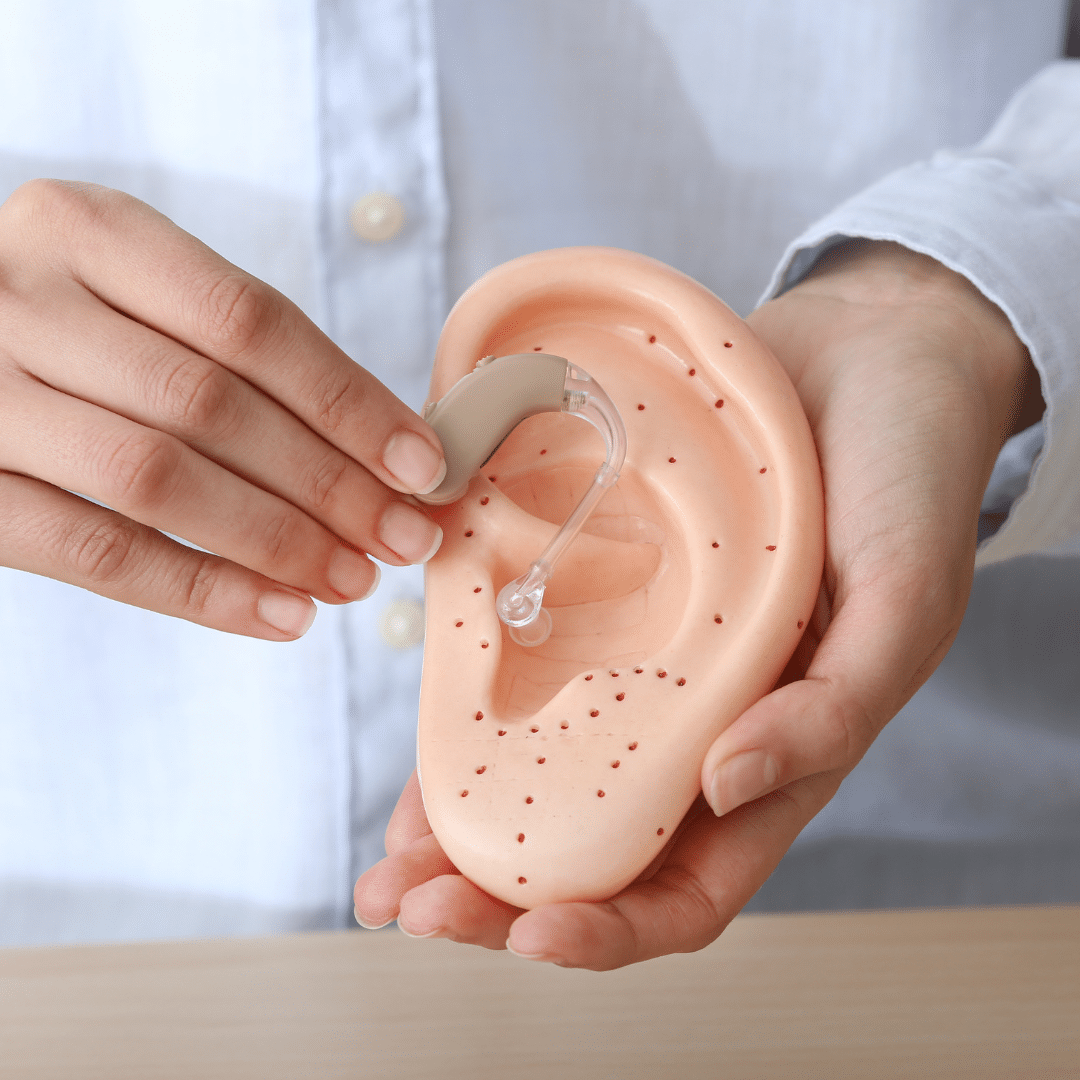Insomnia and brain fog: the Siamese twins of Parkinson’s symptoms.
The struggle to get a good night’s sleep is widespread in people with Parkinson’s. In turn, poor sleep can contribute to the daytime fatigue and brain fog many people with PD experience.
“To effectively deal with symptoms of brain fog, we must also deal with any sleep issues that the Parkinson’s patient is experiencing,” said Dr. Suketu Khandhar, a neurologist who heads the Northern California Movement Disorders Program at Kaiser Permanente in Sacramento.
According to the Parkinson’s Foundation, the most common sleep issues include:
• Trouble falling and/or staying asleep
• Talking or yelling during sleep
• Physically acting out dreams
• Problems turning over in bed
• Vivid dreaming
• Involuntary leg movements such as jerking and leg cramping
• Waking up to urinate
• Leg, arm, foot and wrist contractions.
Additionally, nearly half of people with PD will experience sleep apnea, where the windpipe become obstructed and breathing temporarily stops.
“Sleep issues in Parkinson’s disease are so misunderstood,” Dr. Khandhar said. “And poor sleep has such an impact on the health of everyone – especially those diagnosed with Parkinson’s.”
Before reaching inside the medicine cabinet to solve sleep issues, Dr. Khandhar first recommends people with PD speak to their providers. “If your provider has the right information about your sleep issues, he or she can help make changes to your medication and lifestyle to help you sleep more soundly.”
Certain medications can contribute to insomnia depending on what time of day they are taken. Undiagnosed depression and anxiety can contribute to frequent waking throughout the night and early in the morning.
Dr. Khandhar recommends keeping a sleep diary for at least a week to track the following information:
• Names and dosages of Parkinson’s medications
• Time of day that you took the Parkinson’s medications
• Names and dosages of other medications you take including supplements
• Time of day that you took these other medications
• How many minutes on average it takes you to fall asleep
• How many minutes after you fall asleep do you wake up again
• A daily assessment of your quality of sleep from the previous night
• Number of times you woke up per night
• Overall daily mood and anxiety level
• If and how frequently you experience involuntary movement of your arms and/or legs at night
• Average level of daytime sleepiness experienced
• Number and length of naps taken during the day
Additionally, Dr. Khandhar recommends asking your bed partner a few questions each day to give you and your provider additional information. These include:
• If you were thrashing around or otherwise physically acting out in your sleep
• If you were snoring and/or stopped breathing frequently throughout the night
• If you were talking or shouting in your sleep
• If your arms and legs were moving or jerking during sleep
Bring this information to your next appointment with your Parkinson’s provider. He or she will review the timing of your medications, your sleep hygiene and the information from your bed partner. From there, your provider may change your medication regimen or recommend lifestyle changes to improve sleep quality. Your provider may prescribe you additional medications to help you sleep for an extended period.
Addressing Brain Fog
Research suggests that approximately two-thirds of people with PD experience daytime sleepiness brought on in part by poor sleep quality. While several factors –
medications, low blood pressure and the disease itself – can contribute to brain fog in a person with Parkinson’s, fatigue itself has a big role its development.
Working with your provider to manage sleep problems can also help manage symptoms of brain fog. However, if your sleep issues have improved but your brain fog hasn’t, it may be time to go back to your doctor with additional information.
“There are some unexpected things that can help or hinder brain fog,” Dr. Khandhar explained. “Having undiagnosed depression can contribute to brain fog. So can low blood pressure.” He continued, “And social engagement – connecting and communicating with peers, family and friends – can reduce brain fog as the mind jumps back and forth when participating in a conversation. It’s like a high-intensity workout for the brain.”
To help your provider understand what may be contributing to your brain fog, Dr. Khandhar recommends you track the following information for a week:
• Number of brain fog episodes you experience per day
• Average length of time of the episode
• Names and dosages of Parkinson’s medications
• Time of day that you took the Parkinson’s medications
• Names and dosages of other medications you take including supplements
• Time of day that you took these other medications
• Average number of minutes per day you spent interacting with friends, family, neighbors and coworkers
• Your blood pressure
• Overall daily mood and anxiety level
Once your provider gets a sense of your medications and daily activities that may be contributing to brain fog, he or she can adjust or reduce your medication and activity schedule. As well, your provider may prescribe you an off-label treatment such as modafinil, a wakefulness agent, to reduce your number of daily episodes.
“I often in my clinic, I see patients with Parkinson’s who are taking medications prescribed by their primary care doctors that may work at cross purposes either with the PD drugs or with the symptoms of the disease, themselves,” Dr. Khandhar said. “Once we get the treatment regimen straightened out, the patient reports improvement in sleep and cognitive symptoms.”
Work with Your Provider
Though it’s tempting to ask Dr. Google how to handle brain fog and sleep issues as a person with Parkinson’s, it’s important that you begin by tracking your symptoms, medications and activities and bring this information to your provider. Your provider can help you make changes to your schedule and treatment regimen that may have a significant impact on your Parkinson’s symptoms and improve your everyday life.



